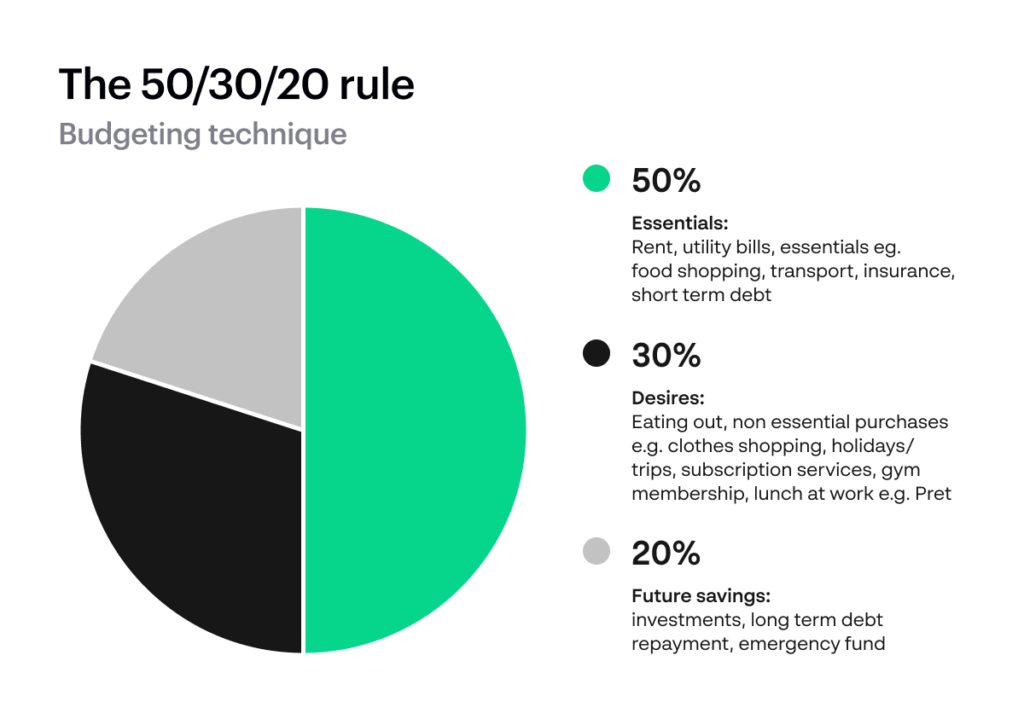LIFESTYLE
5 Old-Fashioned Budgeting Methods That Never Fail


In a world dominated by the enduring allure and effectiveness traditional budgeting methods stand out.
These time-honored techniques for managing personal finances are not just simple and practical they have a track record of reliability and success that spans generations.
Despite an ever-growing array of digital apps and tools, a significant number of people continue to gravitate towards the tangible, hands-on experience provided by traditional budgeting methods.
Distinguished by their simplicity and direct approach, these five methods enable users to exert firm control over their finances, offering a clear and immediate understanding of their financial state.
In a world overwhelmed by computerized monetary devices, the persevering through charm and viability of conventional planning techniques stick out.

These revered strategies for overseeing individual budgets are not basic and functional, they have a history of dependability and achievement that traverses ages.
A consistently developing exhibit of computerized applications and instruments, countless individuals keep on floating towards the unmistakable active experience given by conventional planning strategies.
Recognized by their straightforwardness and direct methodology, these five strategies empower clients to apply firm command over their funds, offering an unmistakable and quick comprehension of their monetary state.

The Envelope Framework Strategy:
A perfect representation is the envelope framework this approach isolates your money into various envelopes, each marked for a particular spending class like food, diversion or bills.
The standard is straightforward yet viable.
I.e when the money in an envelope is drained, you stop spending in that class until it’s renewed.
This strategy implements discipline and gives an involved method for checking and control costs, making it especially useful for the individuals who favor a more substantial way to deal with spending plan.

The Record Strategy:
The record strategy requires keeping a definite record or note pad where you record all your pay and costs.
Each exchange, regardless of how little, is down on paper.
This careful following can offer profound bits of knowledge into your ways of managing money, assisting you with distinguishing regions where you can scale back.
It also cultivates an uplifted feeling of mindfulness about your monetary state and empowers more careful spending.

The 50/30/20 Rule/Strategy:
This standard offers a direct way to deal with planning by separating your pay into three unmistakable classes.
1* half for necessities:
Dispense half of your pay to fundamental costs like lease and food.
2* 30% for needs: Assign about 33% of your pay for optional spending, for example, eating out and amusement.
3* 20% for reserve funds or obligation reimbursement Utilize the excess piece of your pay for saving or taking care of obligations.
This technique stands apart for its straightforwardness and clear structure, making it especially available and simple to stick to, particularly for the people who are beginning to explore.

The Zero-Based Spending plan:
In a zero-based spending plan, you plan your spending so that your income and expenses costs rises to nothing.
This implies you give each dollar a task, whether it’s for spending, saving or effective money management.
The benefit of this technique is that it guarantees you are intentional about how each dollar is utilized, ruling out paltry spending and empowering more smart monetary choices.

Cash-Just Spending:
This technique includes involving cash for every one of your exchanges and is a compelling method for checking overspending and try not to amass obligation.
Restricting yourself to the money you have forestalls unnecessary expenses and makes you more aware of your spending choices.
This approach is particularly valuable for those hoping to make heads or tails of their optional spending.
Last Take:
Notwithstanding the ascent of advanced devices, these antiquated planning strategies hold their importance because of their straightforwardness and adequacy.
They empower a more drawn in and restrained way to deal with overseeing funds, rules that are crucial for keeping up with solid monetary propensities in any time.

Mental stimulation:
Precious treasure and oil are in the dwelling of a wise person, but a fool consumes them.
At length ????????give generously,save wisely,And live appropriately.




